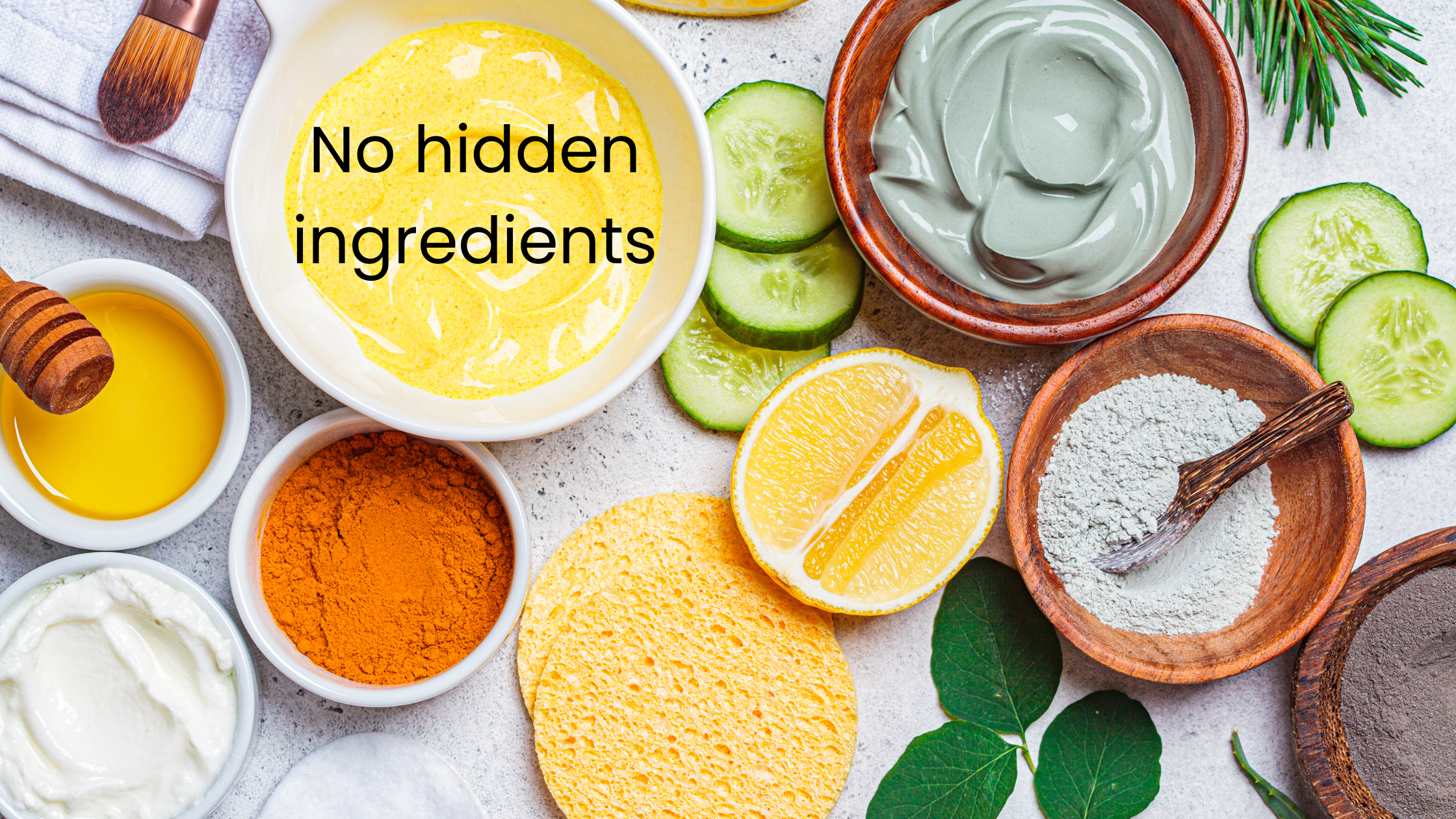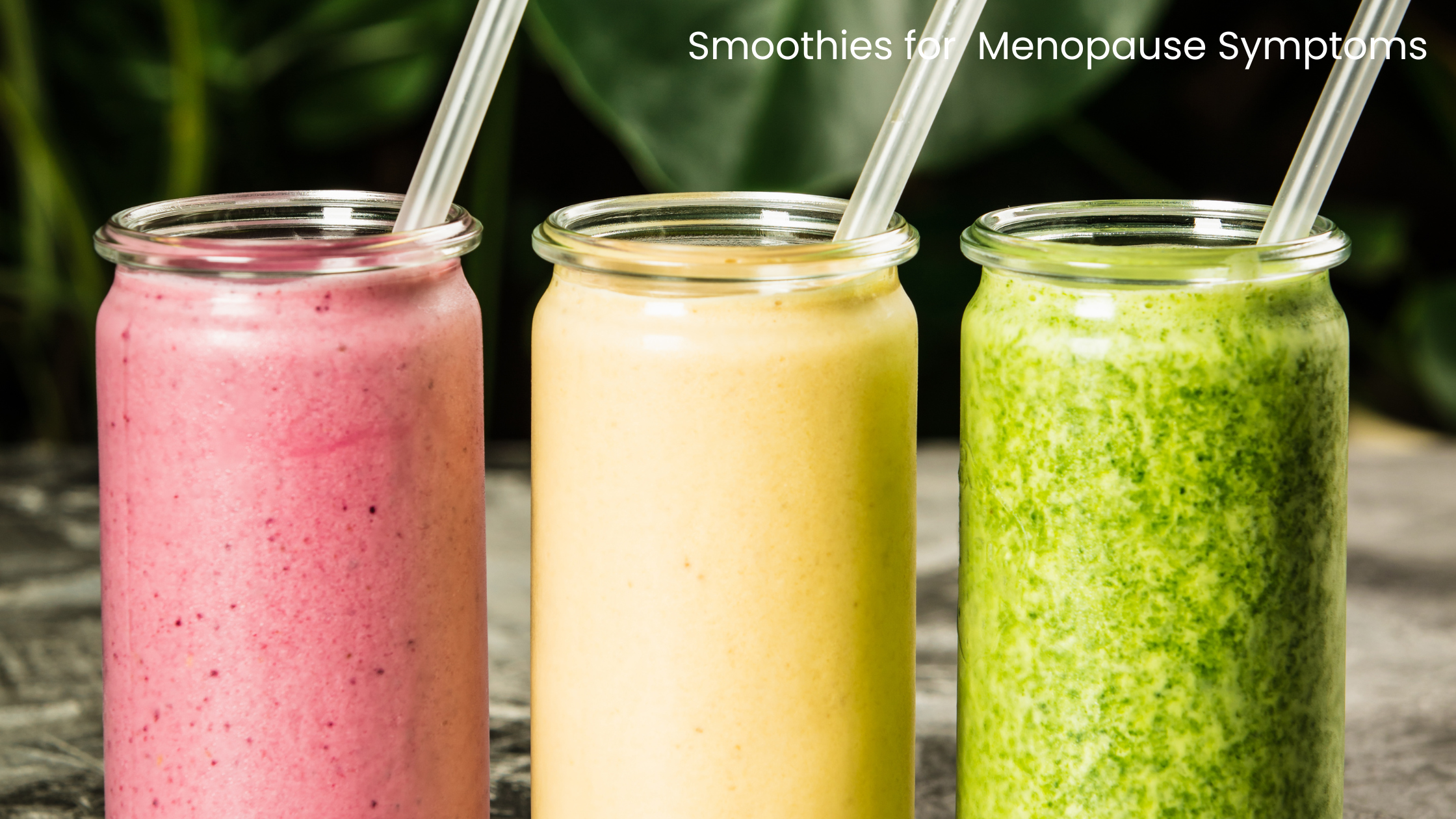
What’s Really in Your Skincare? Hidden Ingredients to Watch Out For
Are You Really Putting Safe Ingredients on Your Skin?
With so many skincare brands using buzzwords like “clean beauty” and “natural skincare,” it’s easy to assume your products are safe. But the truth? Many mainstream products contain undisclosed synthetic ingredients, hormone disruptors, and harsh preservatives that could be doing more harm than good.
Recently, Dr. Yvonne Burkart, a renowned toxicologist, shared shocking insights on The Diary of a CEO podcast about the hidden toxins in skincare — and why consumers need to demand transparency.

🔍 The Hidden Dangers of Mainstream Skincare
Unlike food labels, cosmetic companies aren’t legally required to disclose every single ingredient. One of the biggest loopholes? Fragrance (also listed as parfum). This seemingly harmless term can hide hundreds of chemicals, including:
-
Phthalates – linked to hormone disruption and fertility issues
-
Allergens – which can trigger skin irritation and sensitivity
-
Endocrine disruptors – potentially affecting long-term hormonal health
Preservatives and stabilisers are also often listed under vague terms, leaving you with no idea what you’re actually putting on your skin.

🧴 Why Transparency Matters: The Puremess Approach
At Puremess, we believe you deserve to know exactly what’s in your skincare. Every single ingredient in our products is:
✅ Clearly listed
✅ Ethically chosen
✅ Explained with honesty
Having faced breast cancer three times, I (Gemma!) know firsthand how critical it is to be mindful about what we put on our bodies. That’s why we never cut corners — especially when it comes to ingredients.
🌿 Do Natural Skincare Products Need Preservatives?
Yes — and here’s why. Any water-based skincare product (like toners, creams or scrubs) must contain a preservative to stay safe. Without it, your products can grow bacteria, mould, and yeast that you definitely don’t want on your skin.
But not all preservatives are created equal.
✅ The Preservative We Use: Dehydroacetic Acid & Benzyl Alcohol
We use GFecosafe, a COSMOS and ECOCERT-approved preservative that’s:
-
Biodegradable and eco-friendly
-
Mild and suitable for sensitive skin
-
Free from parabens, phenoxyethanol, and synthetic nasties
It keeps your product fresh and your skin safe — the way it should be.
⚠️ 5 Skincare Ingredients to Avoid

If you're working towards a truly non-toxic skincare routine, here are the ingredients to steer clear of (according to Dr. Burkart):
1. Parabens
These chemical preservatives have been found in breast tissue and are linked to hormone disruption.
2. Phthalates
Common in synthetic fragrances, phthalates interfere with hormones and reproductive health.
3. Fragrance (Parfum)
A vague term that can include hundreds of hidden ingredients — including allergens and toxins.
4. SLS & SLES (Sulphates)
These foaming agents strip the skin’s natural oils and are known to cause dryness and irritation.
5. Phenoxyethanol
A synthetic preservative that’s banned in Japan and restricted in Europe due to health concerns.
🧼 How to Find Truly Clean Beauty Products
Here’s what to look for when choosing genuinely safe skincare:
-
✅ Full ingredient transparency
-
✅ No hidden “fragrance” blends
-
✅ ECOCERT, COSMOS or Soil Association certifications
-
✅ Clear explanations of why ingredients are used
At Puremess, you’ll always find the full story behind every formula. No greenwashing. No guesswork.
💚 Why Ingredient Transparency Is Non-Negotiable
We believe that your skin deserves better — and so do you.
When you switch to skincare that’s truly clean, cruelty-free and ethically formulated, you’re doing more than just improving your skin. You’re protecting your health and making a positive impact on the planet.
💬 Ready to Make the Switch?
If you're done wondering what’s really in your moisturiser or body wash, explore our full range of transparent, natural skincare that puts your wellbeing first.
Be bold. Be brave. Be beautifully you.
Acknowledgment: This article is inspired by the insights shared by Dr. Yvonne Burkart on The Diary of a CEO podcast. To hear more about her expert research on everyday toxins in skincare, you can listen to the full episode here.


